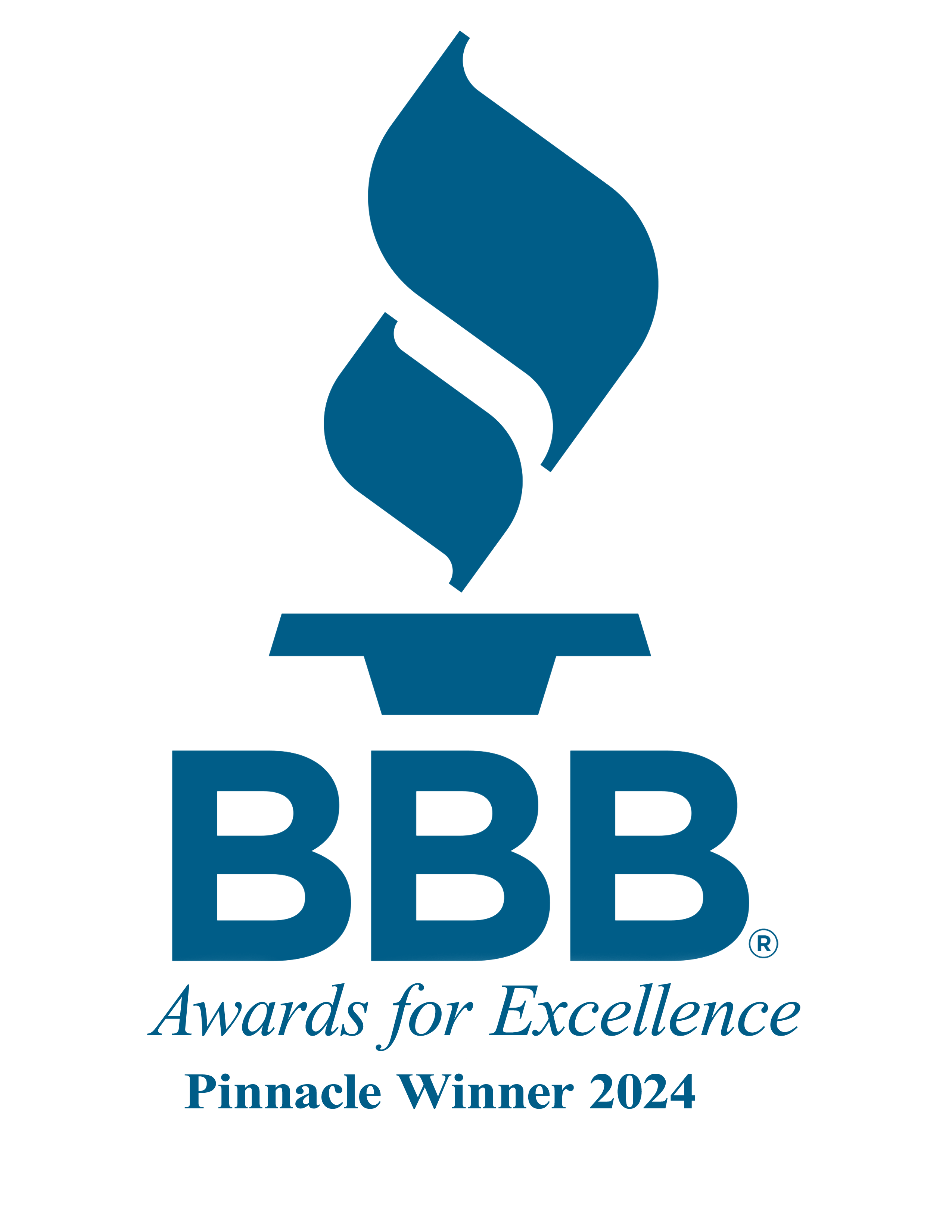By: Bryan Uecker, QPA, QPFC, AIF, AIFA

Introduction
If you’re using a Business Owners Retirement Savings Account (BORSA) or Rollover as Business Startup (ROBS) to fund your business dreams, you’ve probably wondered about valuation requirements. As a business owner, understanding when and how to value your BORSA/ROBS plan assets isn’t just about checking a box—it’s about protecting your investment and staying compliant with IRS regulations. Let’s break down everything you need to know about BORSA/ROBS plan valuations in plain English.
Why Valuations Matter in Your BORSA/ROBS Plan
Think of your BORSA/ROBS plan valuation like a regular health check-up for your business. It’s essential because:
- It helps ensure your retirement funds are being managed properly
- It keeps you compliant with IRS regulations
- It protects you from potential penalties and prohibited transactions
- It provides crucial information for making business decisions
When Do You Need a Formal Valuation?
The Simple Answer: It Depends on Your Activity
Not every BORSA/ROBS plan needs a formal valuation with an independent appraiser every year. Here’s when you might be able to use a less formal approach:
- You’re running a single-participant plan
- Your plan hasn’t made any contributions during the year
- You haven’t processed any distributions
- There haven’t been any investment changes
- You haven’t conducted any transactions involving employer securities
When to Get Formal
However, certain situations definitely call for a more formal valuation approach:
- During Major Transactions
- When making contributions to the plan
- When processing distributions
- During transactions involving employer securities
- For Complex Assets
- When dealing with hard-to-value assets
- If you’re planning significant business changes
- When the IRS might request additional documentation
Real-World Implications
The IRS has found that many BORSA/ROBS arrangements face challenges within their first three years. One common pitfall? Improper valuations. To avoid becoming a cautionary tale, consider these best practices:
Best Practices for BORSA/ROBS Valuations
- Annual Review
- Schedule regular valuations
- Document your valuation method
- Keep detailed records
- Professional Support
- Consider working with valuation experts
- Consult with BORSA/ROBS specialists
- Maintain relationships with financial advisors
- Documentation Requirements
- Keep detailed records of all valuations
- Maintain proof of your methodology
- Store copies of all relevant paperwork
Common Questions from Business Owners
“How accurate does my valuation need to be?”
Your valuation needs to reflect the true fair market value of your business assets. This isn’t about guesswork—it’s about using legitimate, defensible methods.
“What happens if I get it wrong?”
Incorrect valuations can lead to:
- IRS penalties
- Compliance issues
- Potential plan disqualification
- Tax complications
Tips for Success
- Stay Organized
- Keep a calendar of valuation deadlines
- Maintain clear documentation
- Track all business changes that might affect valuations
- Plan Ahead
- Budget for professional valuations when needed
- Consider timing of major business decisions
- Think about future exit strategies
Conclusion
While BORSA/ROBS plan valuations might seem daunting, they don’t have to be. The key is understanding when you need a formal valuation and when a less formal approach will suffice. Remember, the goal is to protect your investment while staying compliant with IRS requirements.
Take Action
- Review your BORSA/ROBS plan’s current valuation status
- Schedule any needed valuations
- Consult with professionals if you’re unsure
- Document your valuation process
Remember, your BORSA/ROBS plan is more than just a funding mechanism—it’s a crucial part of your business and retirement strategy. Treating valuations with the attention they deserve will help ensure your long-term success.








